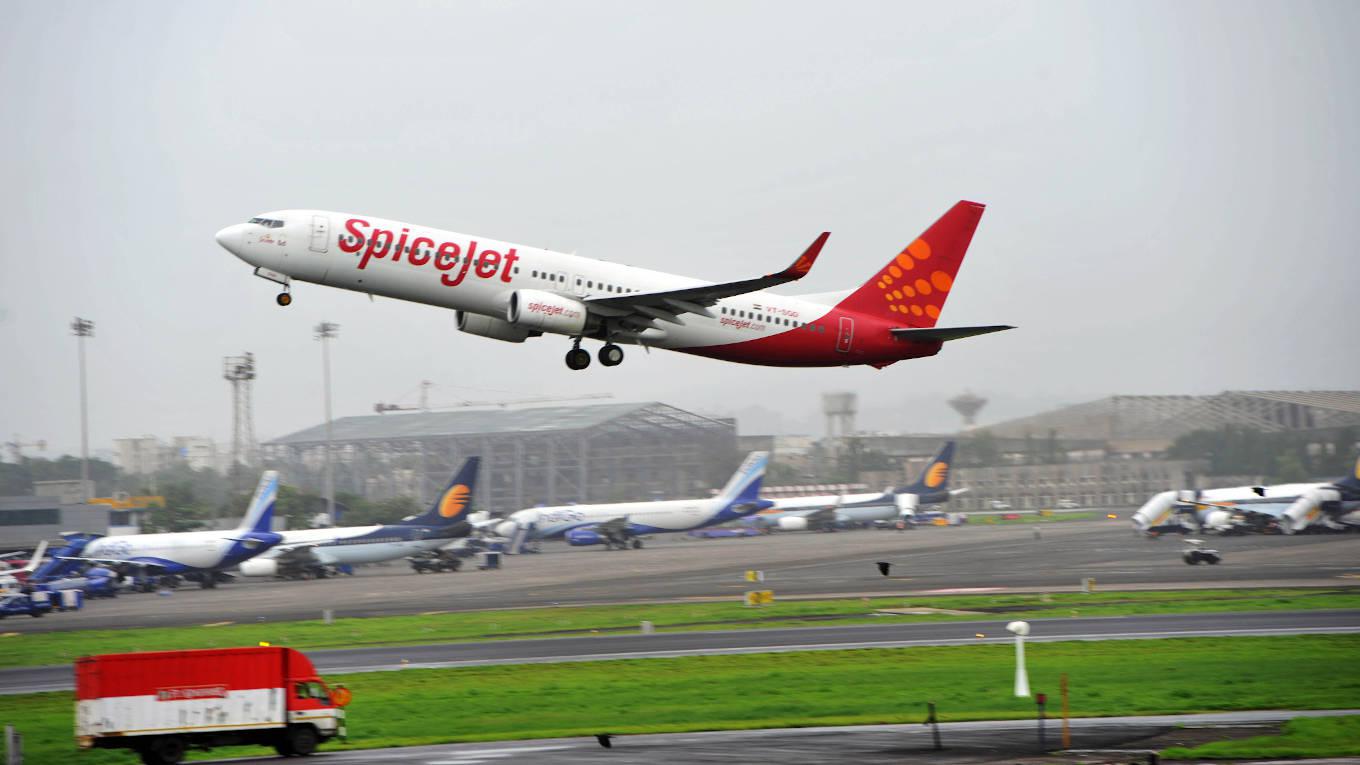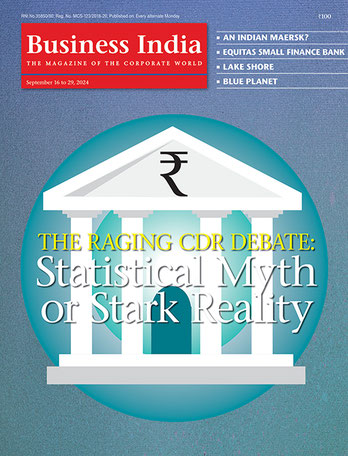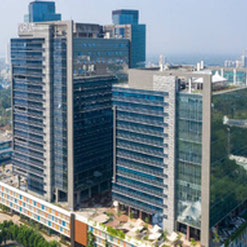In the second week of February, SpiceJet announced its nine month result ended December 2020. It was a surprise to many analysts, as the loss was lower than expected. “The net loss came below our estimates led by higher other income but yields softer,” observes Ashish Shah, analyst (aviation) at Centrum Broking Ltd in his report on SpiceJet. “The Q3 2020-21 net loss of Rs57 crore was lower than our estimate of Rs73.5 crore,” affirms Shah. “Ticket yield declined 7.1 per cent year on year (y-o-y) to Rs3.6 crore and was below our estimate of Rs4.2 crore. Unit fuel costs declined 25.1 per cent y-o-y to Rs1.1 crore. Other income declined 21.3 per cent y-o-y on a high base and was ahead of our estimate of Rs175 crore, due to accounting of lease discounts of Rs30.8 crore”. The cargo revenues grew at a robust pace of 160 per cent y-o-y to Rs420 crore in Q3 2020-21, driven by strong cargo demand and SpiceJet’s focus to grow the business, he adds. With an aim to address the rising cargo demand, SpiceJet has augmented its cargo fleet from five in March 2020 to 19 freighters now. This also includes five wide-body aircraft. During Q3 2020-21, SpiceJet has carried 41,257 tonnes of cargo on 4,300 flights; it has carried 115,000 tonnes of cargo on 14,000 cargo flights since March 2020. “Driven by cargo business, SpiceJet’s ancillary revenue is expected to grow from Rs1,300 crore in 2019-20 to Rs1,900 crore in 2020-21E,” observes Ansuman Deb, analyst, ICICI Securities. “Additionally, SpiceJet plans to start international cargo operations as well as flights to international destinations”. Post December 2020, a lot more has happened at SpiceJet. On 12 January 2021, SpiceJet announced the signing of a memorandum of understanding (MoU) with Belgium’s Brussels Airport, to provide seamless transportation of the Covid-19 vaccine between India and Europe and beyond. As strategic partners, SpiceJet and Brussels Airport Co NV will jointly work with the government, pharma companies and forwarders to ensure a reliable ecosystem for vaccine delivery in a temperature-controlled environment. They will also work towards developing and strengthening a direct air link for SpiceJet with Brussels Airport. As part of this association, Brussels Airport will be SpiceJet’s first flight point for Europe. The airline’s cargo arm, SpiceXpress, envisions rapid and secure transportation of the Covid-19 vaccine from and to Europe and beyond. Brussels Airport will provide assistance to SpiceJet with regard to slots, networking contracts, etc, to provide efficient and speedy solution for delivery. “This tie-up will help SpiceJet to seamlessly transport vaccines not only from Europe and beyond to India, but also help Indian manufacturers export sensitive drugs in a safe and controlled environment,” says Ajay Singh, chairman & MD, SpiceJet. “We are fully committed and prepared to transport the Covid-19 vaccine and assist in the biggest vaccination drive in the history of mankind.” SpiceJet operates a fleet of Boeing 737s, Bombardier Q-400s and freighters and operates 59 daily flights under UDAN or the regional connectivity scheme. The majority of the airline’s fleet offers SpiceMax, the most spacious economy-class seating in India. The airline also operates a dedicated air cargo service under the brand name SpiceXpress, offering seamless cargo connectivity across India and on international routes.
-

India’s first consignment of the Covid vaccine was carried by SpiceJet from Pune to Delhi; Photo: Sanjay Borade


































